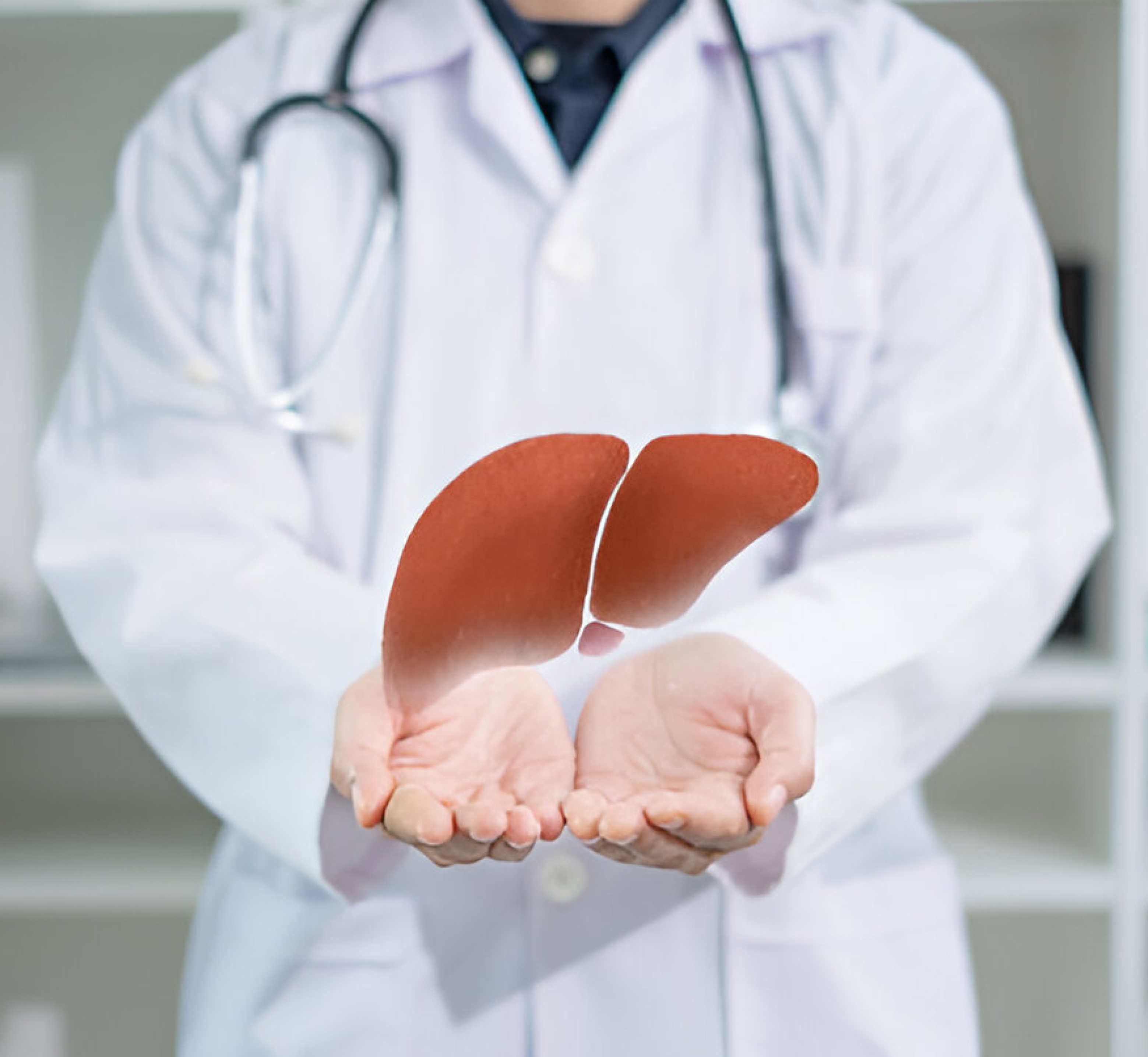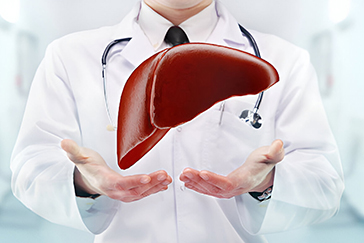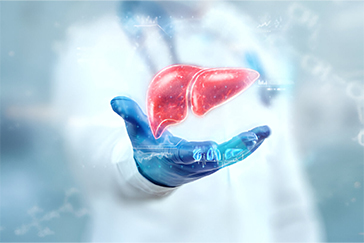 Book Appt.
Book Appt.
 Call Now
Call Now


Appendicitis is a medical condition characterized by the inflammation of the appendix, a small, finger-shaped pouch located on the right side of the lower abdomen. While relatively common, appendicitis can lead to serious complications if left untreated. Understanding its symptoms, causes, and treatment options is crucial for timely intervention.
Causes and Risk Factors:
The exact cause of appendicitis remains uncertain, but it often arises due to an obstruction in the appendix. This blockage can result from various factors, such as fecal matter, foreign bodies, or even tumors. Once the appendix becomes obstructed, bacteria can multiply within it, leading to inflammation and eventually, infection.
Certain risk factors may increase the likelihood of developing appendicitis. These include a family history of the condition, age (with young adults and teenagers being more susceptible), and certain gastrointestinal conditions like Crohn's disease. Gender can also play a role, with males having a slightly higher incidence of appendicitis.
Symptoms:
Recognizing the signs of appendicitis is crucial for prompt medical attention. The condition often presents with a progression of symptoms. Initially, patients may experience a dull pain near the navel or upper abdomen. As the inflammation worsens, the pain typically shifts to the lower right side of the abdomen. This localized pain, known as McBurney's point, is a classic hallmark of appendicitis.
Other common symptoms include:
Diagnosis and Treatment:
Diagnosing appendicitis involves a combination of physical examinations, blood tests, and imaging studies. A healthcare provider will assess the patient's medical history, perform a thorough physical examination, and order blood tests to check for signs of infection and inflammation.
Imaging studies, such as ultrasound or computed tomography (CT) scans, are often employed to visualize the appendix and identify any obstructions or signs of inflammation. These tests play a crucial role in confirming the diagnosis.
Once appendicitis is confirmed, the standard treatment is surgical removal of the appendix, a procedure known as an appendectomy. This can be performed through traditional open surgery or using minimally invasive techniques, such as laparoscopy. The latter involves smaller incisions and generally results in a quicker recovery.
Complications and Outlook:
If left untreated, appendicitis can lead to serious complications, including the rupture of the appendix. A ruptured appendix can result in the release of infectious material into the abdominal cavity, leading to a condition known as peritonitis. This is a medical emergency and requires immediate surgical intervention.
Overall, with timely diagnosis and appropriate treatment, most individuals with appendicitis can expect a full recovery. The removal of the appendix does not lead to significant long-term health issues, as the body can function perfectly well without it. However, any delay in seeking medical attention can lead to potentially life-threatening complications, underscoring the importance of recognizing the symptoms and seeking prompt medical care.
SHALBY Sanar International Hospitals provides extensive medical procedures backed up with our state-of-the-art technology and a team of highly qualified & experienced clinical experts.
Our doctors pen down their research findings and experiences from time to time. Their words provide deep insight into the latest techniques, technologies and other advancements in healthcare. It provides expert answers to all kinds of health questions for real-life issues.
VIEW ALL




Since the day of its foundation, SHALBY Sanar International Hospitals is committed to provide comprehensive healthcare services. It regularly organizes awareness programs in its premises and encourages outdoor healthcare activities and camps with an intent to put focus on preventive healthcare.
VIEW ALL